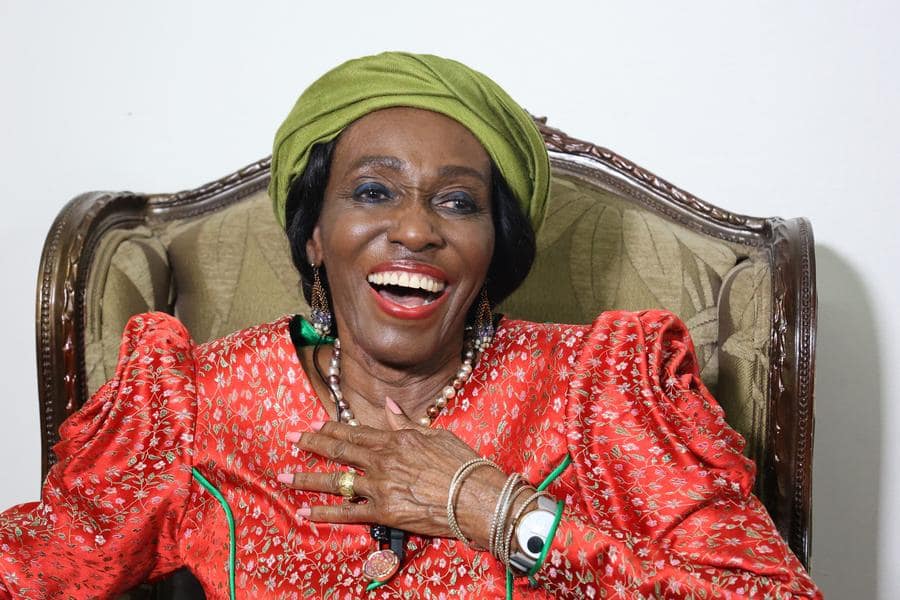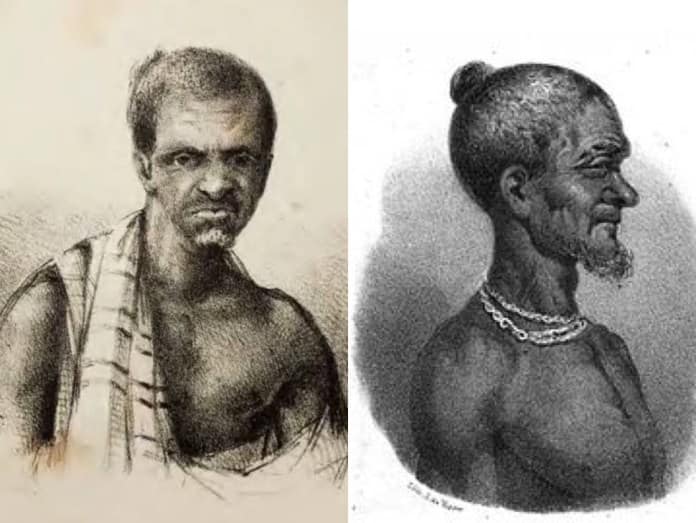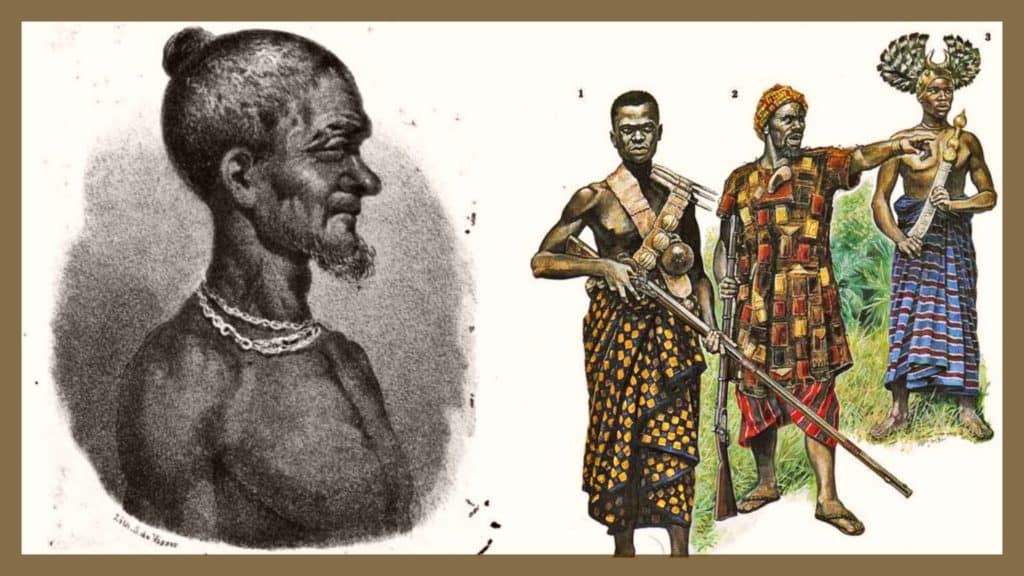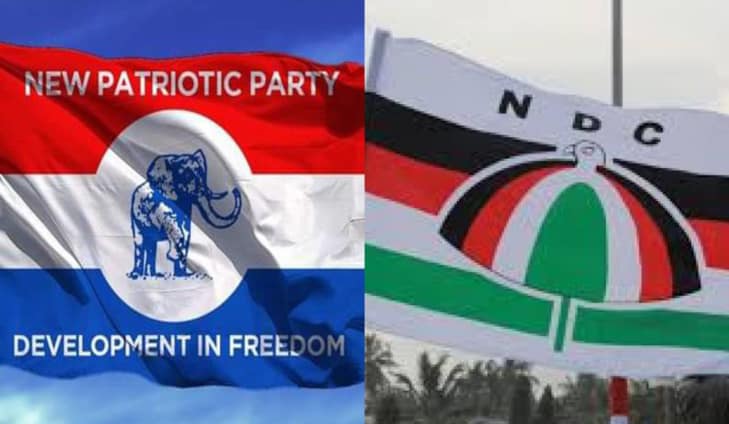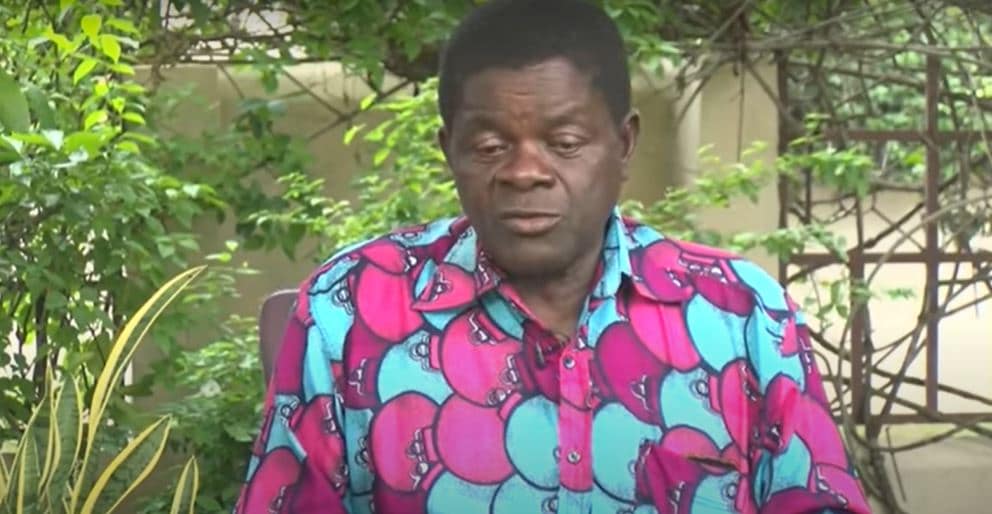
In a scathing critique of the Office of the Special Prosecutor (OSP), prominent Ghanaian legal expert and political commentator Kwaku Ansah-Asare has described the recent move to declare a former finance minister wanted as a “disgrace to the nation”. Ansah-Asare’s comments come in the wake of the OSP’s announcement that it had issued a warrant for the arrest of the former minister as part of an ongoing investigation into alleged corruption and financial misconduct during their tenure in office.
The Controversial Announcement
The OSP’s decision to declare the former finance minister, who served during a previous administration, wanted for questioning has made headlines across the country. According to the OSP, the minister is being investigated for mismanagement of public funds, financial irregularities, and potential embezzlement during their time in office. The probe is part of broader efforts to tackle corruption in Ghana’s public sector, a fight that has seen numerous high-profile figures come under scrutiny.
However, Ansah-Asare has strongly disagreed with the OSP’s handling of the situation. In a recent interview, he called the declaration of the former finance minister as wanted a disservice to the nation. He argued that such public accusations tarnish the country’s image and undermine its international standing.
Read also: OSP declares Ken Ofori-Atta a fugitive
Kwaku Ansah-Asare’s Reaction
Ansah-Asare, known for his sharp legal mind and unwavering support for public accountability, expressed his concerns about the OSP’s approach. According to him, declaring a former government official wanted without sufficient evidence or due process not only damages the individual’s reputation but also sends a negative message to the international community about the stability and credibility of Ghana’s legal and political institutions.
“This is a national disgrace,” Ansah-Asare stated. “While I support efforts to fight corruption and hold public officials accountable, we must be careful not to compromise the principles of justice and fairness. Declaring a former finance minister wanted without clear and convincing evidence sets a dangerous precedent for political witch-hunts and undermines the integrity of our institutions.”
He went on to emphasize that the rule of law and the presumption of innocence should be paramount in any criminal investigation, especially when it concerns individuals who have held high office. “We must not allow political rivalries to cloud our judgment. The legal process should be followed to the letter, and everyone, regardless of their status, should be treated with respect and fairness.”
The Issue of Transparency and Accountability
Ansah-Asare also pointed to the growing concerns over the transparency and accountability of Ghana’s anti-corruption institutions. He argued that while the OSP plays a crucial role in the fight against corruption, it must ensure that its actions do not become politically motivated or excessive. According to him, the public should be given a clearer understanding of the specific charges against individuals before such drastic measures are taken.
“The OSP must be seen to operate with fairness and transparency. If they have credible evidence of wrongdoing, they should follow the proper legal procedures and ensure that the accused have an opportunity to defend themselves in court,” Ansah-Asare asserted. “Public declarations of wanted individuals should not be used as a tool for political point-scoring.”
Impact on the Nation’s Reputation
The legal expert also raised concerns about the impact of the OSP’s actions on Ghana’s reputation abroad. Ghana has long been regarded as one of the more stable and progressive countries in Africa, and Ansah-Asare believes that incidents like this could undermine the country’s credibility on the international stage.
“International investors, diplomatic partners, and development agencies closely monitor the actions of our public institutions,” he explained. “If Ghana’s legal and anti-corruption bodies appear to be politically motivated or unable to manage high-profile investigations without scandal, it could erode trust in the nation’s governance and legal systems.”
Calls for a More Measured Approach
Ansah-Asare has called for a more measured and transparent approach to addressing corruption allegations in Ghana. He emphasized that while the fight against corruption is essential for the country’s progress, it must be conducted in a manner that upholds justice, fairness, and the rule of law.
He also suggested that the OSP should focus on making its investigations more public and transparent, providing the public with clearer details about the allegations against individuals before such declarations are made. This, he believes, would help restore public confidence in the OSP and its mandate.
Conclusion: The OSP’s Next Steps
As the controversy over the OSP’s decision continues to unfold, the office has yet to respond to Ansah-Asare’s criticisms. The nation remains divided on the matter, with some supporting the OSP’s actions and others, like Ansah-Asare, calling for caution and due process.
What is clear is that the fight against corruption in Ghana is far from over. With high-profile investigations and political figures increasingly in the spotlight, the country must strike a delicate balance between accountability and fairness to ensure that its anti-corruption efforts remain credible and effective.
The future of Ghana’s governance and legal system may depend on how the OSP and other anti-corruption agencies handle these sensitive issues moving forward. It will be important for all parties involved to consider the long-term implications of their actions, not just on individual cases, but on the nation’s reputation as a whole.




